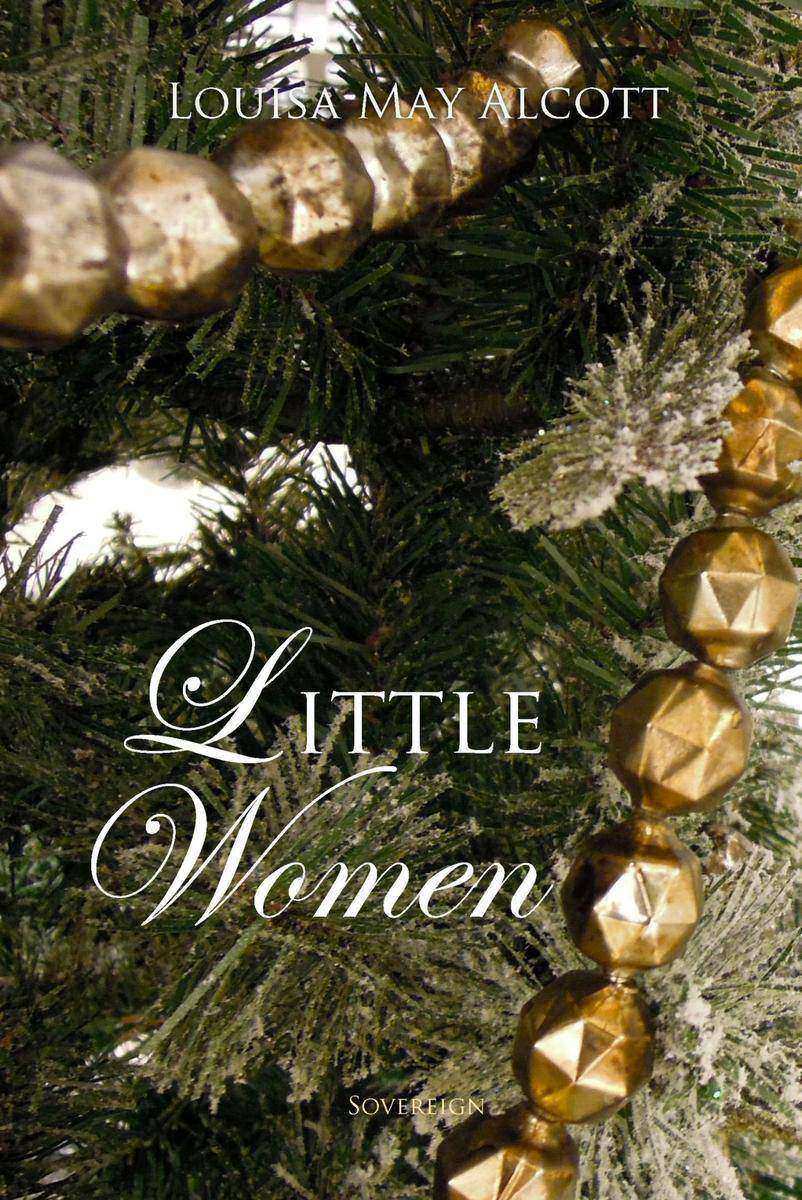
Little Women
¥40.79
Little Women follows the lives of the four March sisters, from oldest to youngest: Meg, Jo, Beth, and Amy. A romance, a quest, a family drama that validates virtue over wealth. The start of the story is set at Christmastime, where Jo, the second eldest of the March sisters, grumbles that Christmas won't be Christmas without any presents. The four girls discuss the upcoming holiday and sigh as they long for pretty things that they can't have because of money constraints
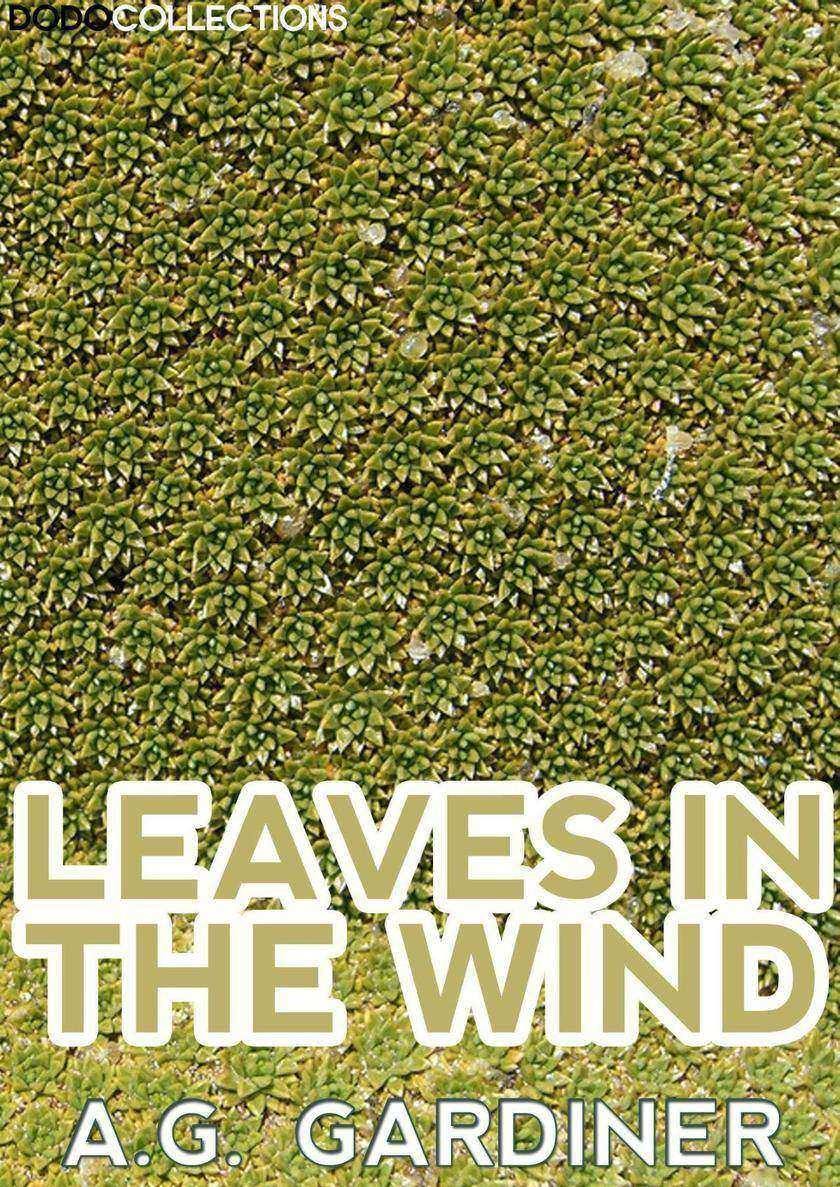
Leaves In The Wind
¥8.09
From 1915 Gardiner contributed to The Star under the pseudonym Alpha of the Plough. At the time The Star had several anonymous essayists whose pseudonyms were the names of stars. Invited to choose the name of a star as a pseudonym he chose the name of the brightest (alpha) star in the constellation "the Plough." His essays are uniformly elegant, graceful and humorous. His uniqueness lay in his ability to teach the basic truths of life in an easy and amusing manner. Leaves in the Wind is amongst his best known writings.
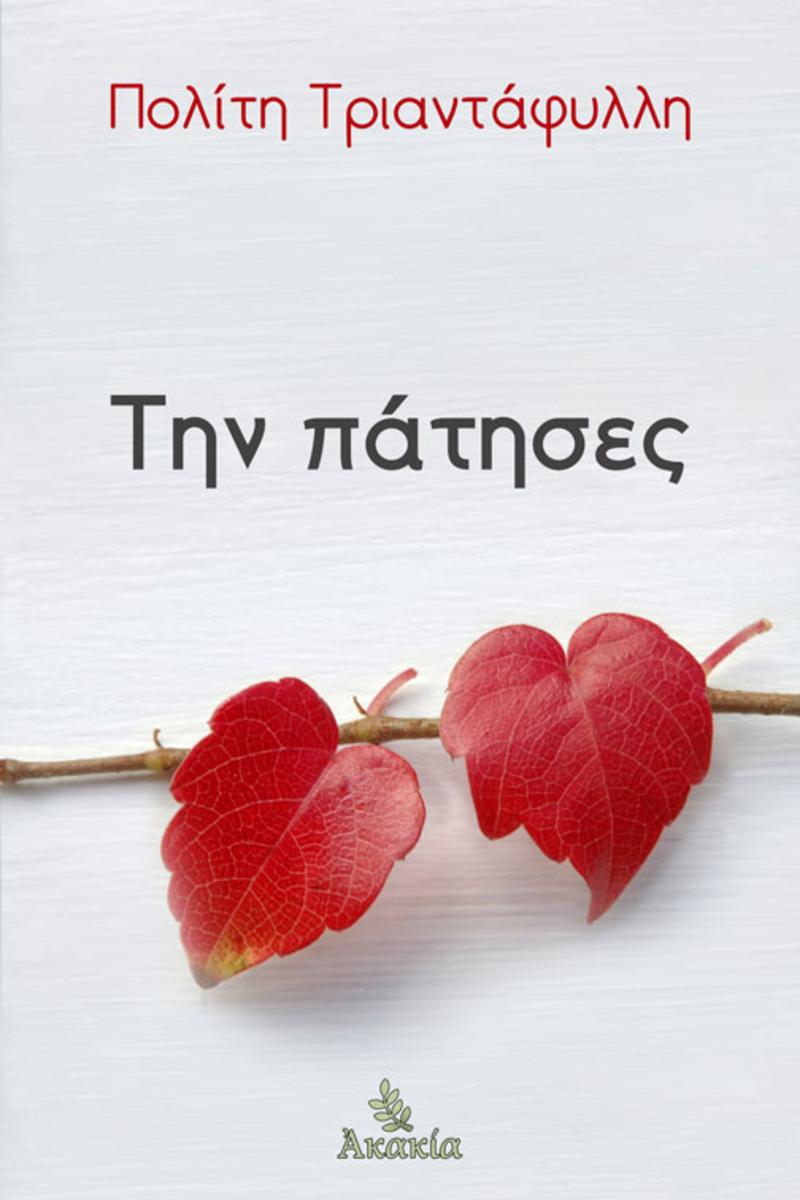
Την Π?τησε?
¥52.65
Λνε τι ο ρωτα περνει απ το στομχι. Πολ αμφιβλλω! Αν ο ρωτα ακολουθε κποιο μονοπτι, ττε το στομχι εναι, σω, ο τελευταο προορισμ, μετ απ πολλ στροφ, στσει και σταυροδρμια… Τραντζει τα μσα σου και το τσιτωμνο δρμα στο στρνο σου πλετε σαν να εναι τουμπερλκι. Τραντζει το πουκμισο ανμεσα στο δετερο και το τρτο κουμπ, που πντα χει την εντπωση πω το βλπουν λοι… Και ποιο εμαι εγ που αμφιβλλω ε;, θα μου πει. Με λνε Γιργο… Ο Γιργο, παιδικ φλο του Στθη, δεινο καρδιοκατακτητ και επικριτ του ρωτα, αποφασζει να σου διηγηθε με πολ χιομορ αλλ και αγπη την ιστορα του φλου του, προσπαθντα να αποδεξει πω αν η ζω θλει να παξει μαζ σου, δεν θα τη γλιτσει σο ξυπνο πονηρ και αν εσαι. Γιατ εναι τιμο πργμα ο ρωτα! τιμο και πουλο. ρχεται πντα ταν δεν τον περιμνει. Η ιστορα ξεκιν τη νχτα των γενεθλων του Στθη. να ατχημα που θα τον φρει πολ κοντ στο θνατο γνεται η αφορμ να πρει την απφαση να αλλξει τη ζω του, μχρι που θα ρθει η ρα να την πατσει για τα καλ!

Plays for Youth Theatres and Large Casts
¥40.79
Our first ever collection of plays with multiple roles for large casts. Suitable for schools, colleges, youth theatres, amateur dramatic societies and community groups to perform. This great collection of critically acclaimed plays has been produced internationally. ‘Twice Upon a Time’ – Somewhere in the distant future, a shape-changing creature known as the Cailleach deceives a young warrior into entering the Otherworld, a place where a single moment can equal an eternity. Can he find his way back to the girl he loves? ‘Small Fry’ – shortlisted for The Writers Guild Award for Best Children's Play. A play in which the small fry take on the mighty dragon, win the jackpot and outwit the scavengers and predators that usually prevail. ‘The Minotaur’ – A spell-binding version of the famous myth of Theseus and the Minotaur. ‘Talking with Angels’ – An original and highly imaginative retelling of the complex story of Joan of Arc.
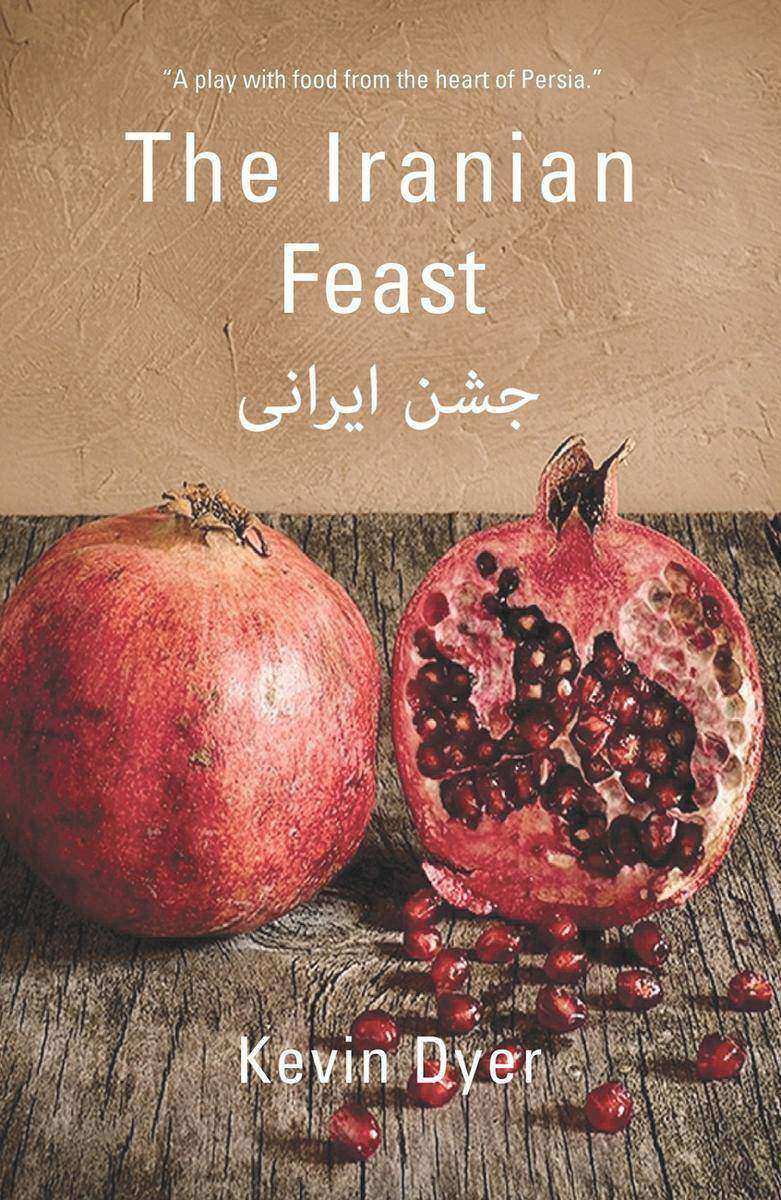
The Iranian Feast
¥38.62
In modern-day Tehran, you can never predict how life will turn out. Part thriller, part cookery lesson, this is the story of a family struggling to deal with the challenges of a regime where secrecy and surveillance are an everyday part of life. Abbas calls together his wife and daughter and their friends and nighbours for an impromptu feast. Going in the pot are fresh herbs, spices, sweet vegetables and Eli’s mother’s secret ingredient…
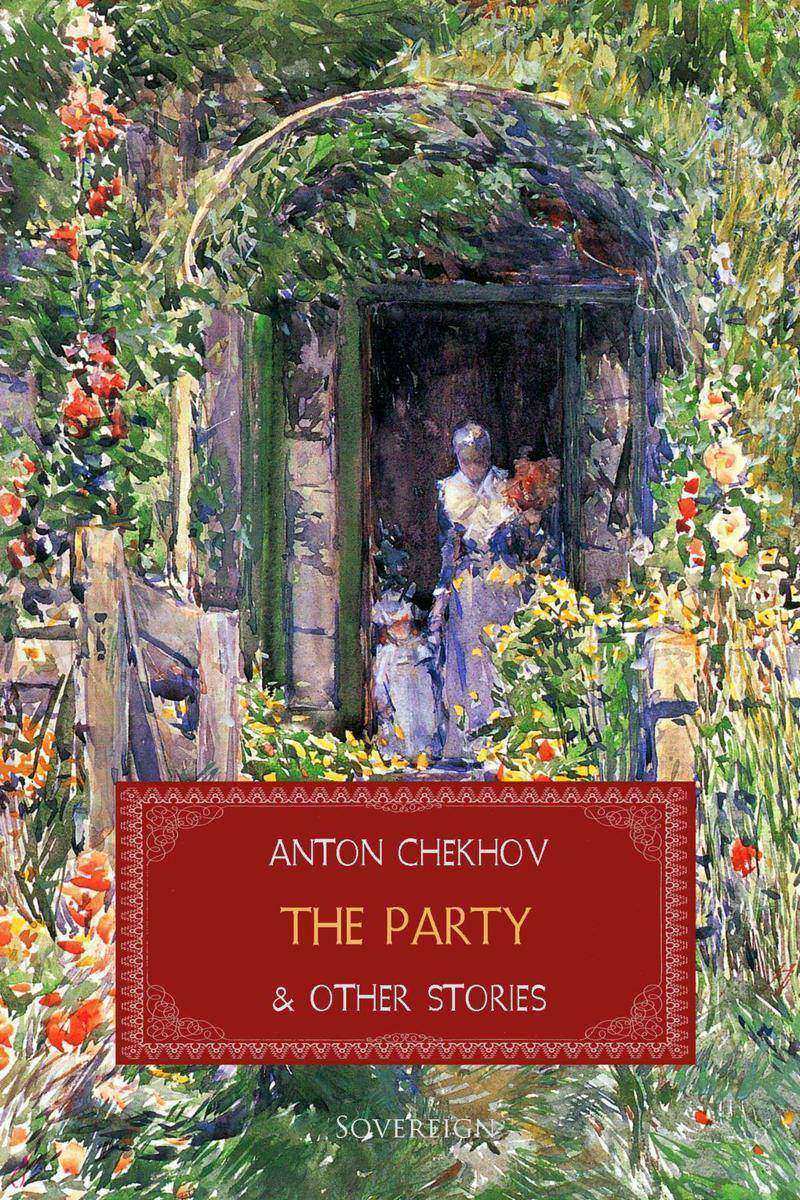
The Party and Other Stories
¥40.79
After the festive dinner with its eight courses and its endless conversation, Olga Mihalovna, whose husband’s name-day was being celebrated, went out into the garden. The duty of smiling and talking incessantly, the clatter of the crockery, the stupidity of the servants, the long intervals between the courses, and the stays she had put on to conceal her condition from the visitors, wearied her to exhaustion. She longed to get away from the house, to sit in the shade and rest her heart with thoughts of the baby which was to be born to her in another two months.
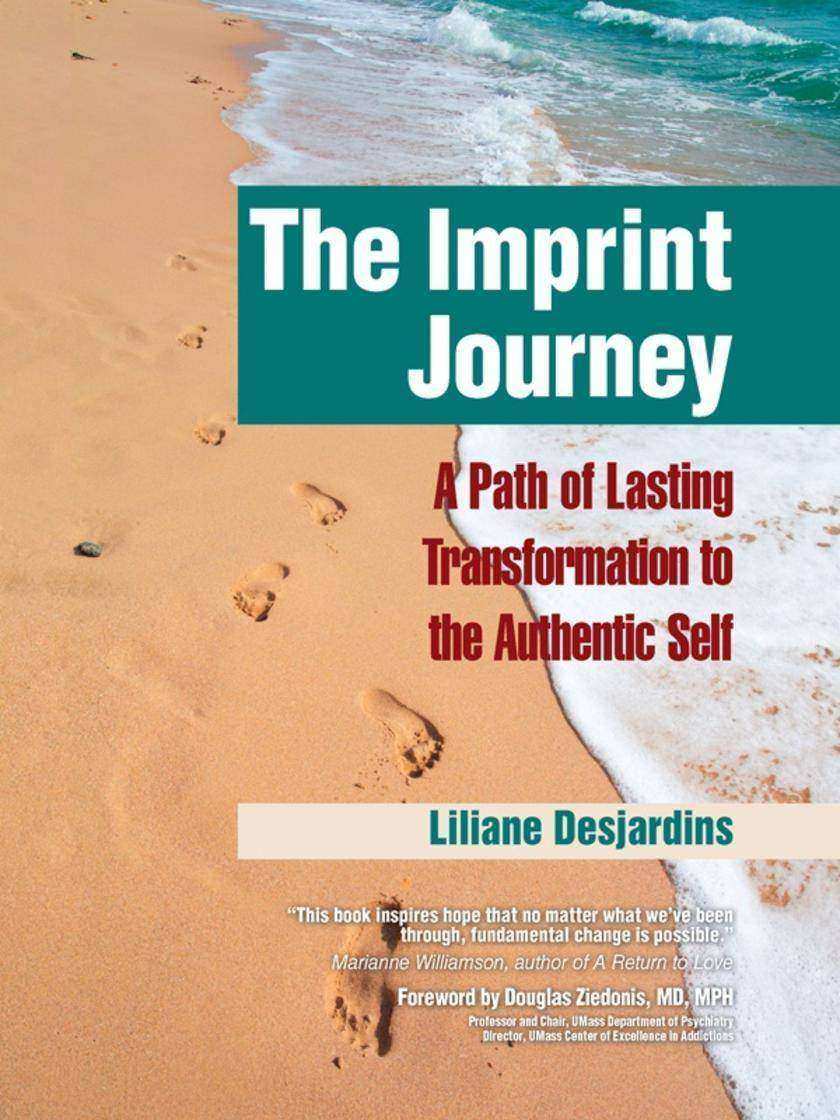
The Imprint Journey:A Path of Lasting Transformation Into Your Authentic Self
¥65.99
Ever Wonder Why The Same Patterns Happen To You Over And Over Again? We all have imprints, both negative and positive. An imprint is a belief that shapes our thoughts and actions, a belief we often hold unconsciously. Liliane Desjardins, a certified clinical addiction specialist, co-founder of Pavillon Gilles Desjardins, and co-creator of the Desjardins Unified Model of Treatment of Addictions, sets forth in The Imprint Journey an exploration of imprints, how they govern our lives, and how we can reprogram our minds to function in new and fulfilling ways. The Imprint Journey is equivalent to reading two powerful books in one. Liliane spends the first section telling her own story--a childhood in war-torn Croatia, the death of her mother, being an immigrant first to France and later French Canada--and the addictions and dysfunctions that marred her life until a suicide attempt resulted in a near-death experience. Her own personal recovery led her on a mission to help others find their own freedom from self-imposed and self-limiting imprints. The second half of this powerful book provides an anatomy of our imprints, revealing how to transform them so we are free to be our authentic selves. Liliane includes eight powerful personal stories of people who have overcome their imprints--including religious, sexual, and cultural limitations--as well as an overview of how understanding and rewriting our imprints can shape the human race's future as we all experience individual "Oneness." Readers will find themselves turning to The Imprint Journey again and again as a guide to relieve fears and to discover powerful truths about themselves that will transform them into their authentic selves. Acclaim For Desjardins' The Imprint Journey "Liliane writes from the depth of her own experience, with passion and power and a keen understanding of the human psyche. Her insights lift the reader above their own past patterns, providing insight both comforting and striking. The book inspires hope that no matter what we've been through, fundamental change is possible." --Marianne Williamson, author, A Return To Love "The Imprint Journey will touch your very soul and make way for profound transformation. From personal story to practical steps, Liliane walks with her readers on the path of awakening. Your life will be changed." --Carolyn Craft, Psychotherapist, Unity Minister, host of "Waking Up With Carolyn Craft" on Sirius Satellite Radio Learn more at www.LilianeDesjardins.com From Life Scripts Press www.RewritingLifeScripts.com FAM501000 Family & Relationships : Dysfunctional Families SEL003000 Self-Help : Adult Children of Alcoholics PSY017000 Psychology : Interpersonal Relations
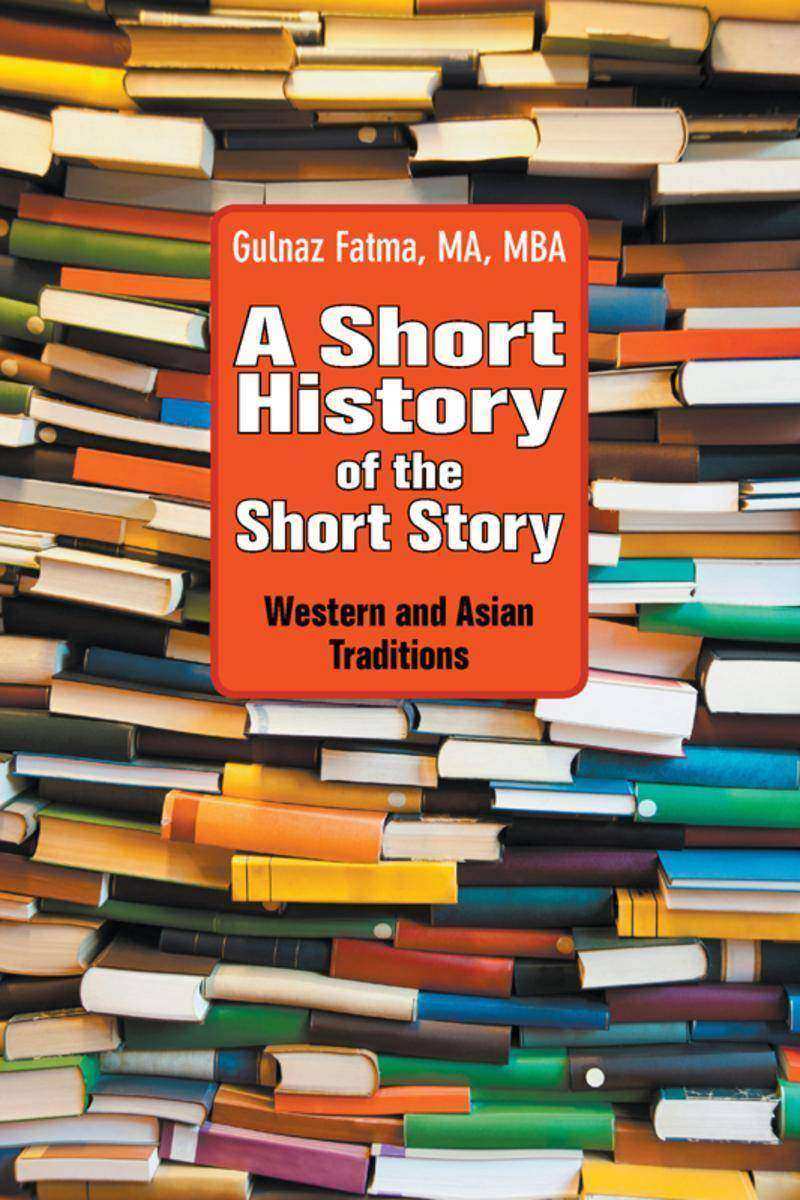
A Short History of the Short Story:Western and Asian Traditions
¥32.29
Worldwide Appreciation of the Short Story Form Spans Cultures and Centuries! In this concise volume, Gulnaz Fatma traces the short story from its origins in fables, ancient poetry, and tales such as The Arabian Nights, to its modern form in the early American stories of Irving, Poe, and Hawthorne, and then through the twentieth century and throughout the world. The elements of what makes a short story are presented along with a discussion of the difficulties in defining the genre. The short story's relation to the novel as well as its uniqueness as its own form are deftly presented. While the American and European traditions of the short story take up much of this book, the final chapter is a thorough presentation of the short story's development in India. Anyone interested in the short story--teachers, students, writers, and readers--will find this volume informative, thoughtful, and a welcome addition to our understanding of one of literature's most dynamic forms. Gulnaz Fatma is an Indian writer and author. She is a research scholar in the Department of English at Aligarh Muslim University in Aligarh, India. "As a fiction writer who has also taught the short story form, I was impressed by the thoroughness and insight presented in this concise book. Fatma's broad exploration of the short story form is backed by numerous supporting examples and her chapter on the short story in India will introduce many readers to that country's own literary gems." --Tyler R. Tichelaar, Ph.D. and author of the award-winning Narrow Lives From the World Voices Series www.ModernHistoryPress.com Literary Criticism: Short Stories Literary Criticism: Asian - General
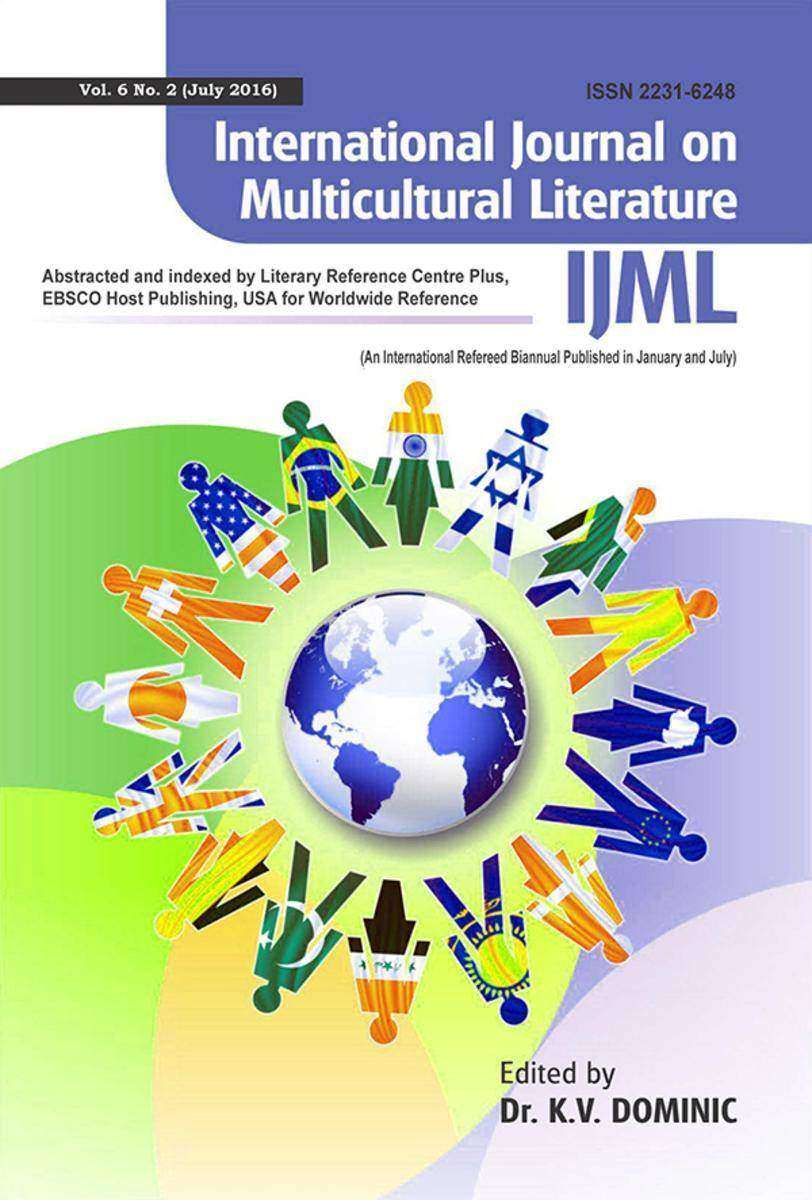
International Journal on Multicultural Literature (IJML):Vol. 6, No. 2 (July 201
¥48.74
International Journal on Multicultural Literature (IJML) Volume 6 Number 2 (July 2016)ISSN 2231-6248 Highlights include: ·"Portrayal of Man-Woman Pairs in the Fictional World of D. H. Lawrence: An Analysis" --S. Chelliah ·"Feminism and Feminist Literary Theory: A Brief Note" --C. Ramya ·"Portrayal of Feminine Spaces and Sensibilities in the Short-fiction of Alice Munro" --Syed Mir Hassim & M. Revathi ·"Violence, Memory and Identity in Indian English Fiction" --Barinder Kumar Sharma ·"Relevance of Neo-Slave Narrative Technique in Toni Morrison's Beloved" --Jaya Singh ·"'Mangalamkali' of Mavilan Tribe: An Ecocritical Reading" --Lillykutty Abraham & Sr. Marykutty Alex IJML is a peer-reviewed research journal in English literature published from Thodupuzha, Kerala, India. The publisher and editor is Prof. Dr. K. V. Dominic, renowned English language poet, critic, short story writer and editor who has to his credit 27 books. He is also the secretary of Guild of Indian English Writers, Editors and Critics (GIEWEC). Since 2010, IJML is a biannual journal published in January and July. The articles are sent first to the referees by the editor and only if they accept, the papers will be published. Although based in India, each issue includes worldwide contributors. Although IJML concentrates on multiculturalism, it also encompasses other literature. Each issue also includes poems, short stories, review articles, book reviews, interviews, general essays etc. under separate sections. IJML is available in paperback, Kindle, ePub, and PDF editions. Distributed by Modern History Press LCO004020 LITERARY COLLECTIONS / Asian / Indic LIT008020 Literary Criticism : Asian - Indic POL035010 Political Science : Political Freedom & Security - Human Rights Learn more at www.profKVDominc.com
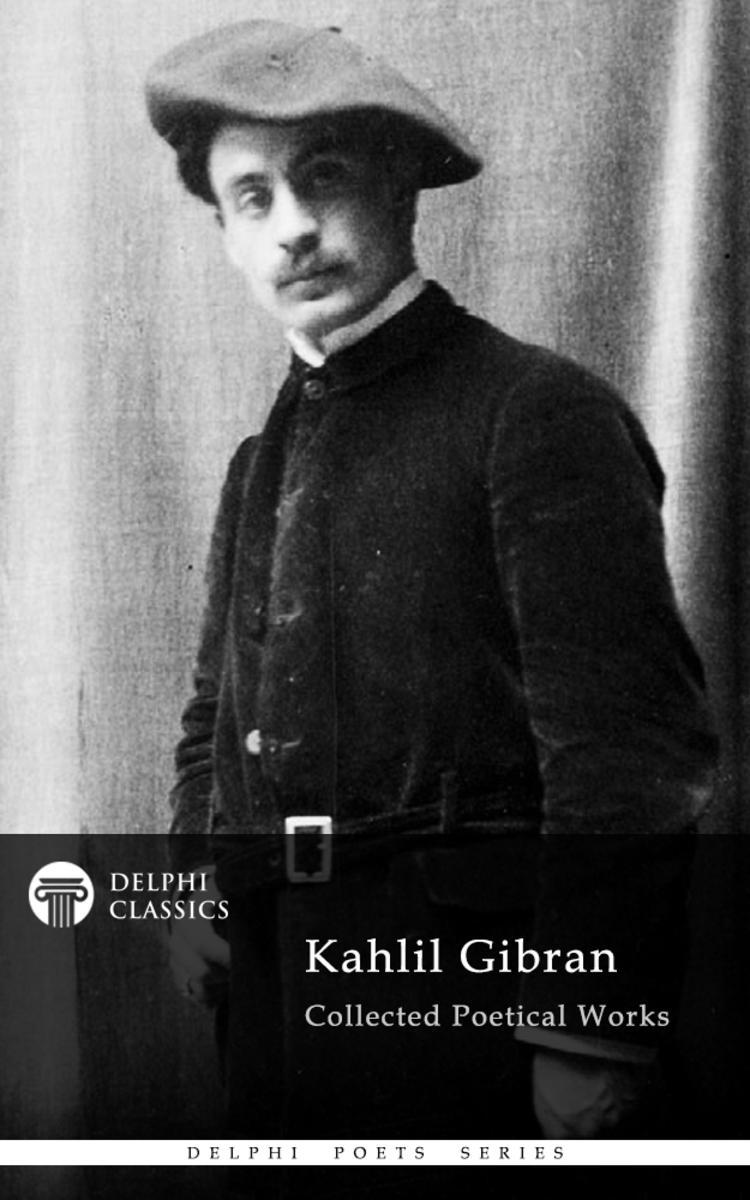
Delphi Collected Poetical Works of Kahlil Gibran (Illustrated)
¥16.27
One of the bestselling writers of the twentieth century, Khalil Gibran was a Lebanese American poet, artist and essayist. His literary works are romantic in outlook and are largely inspired by the works of Francis Marrash, Friedrich Nietzsche and William Blake. His writings are renowned for their lyrical outpourings and deeply religious and mystic nature. The Delphi Poets Series offers readers the works of literature's finest poets, with superior formatting. This volume presents Gibran’s collected poetical works, with beautiful illustrations and the usual Delphi bonus material. (Version 1) * Beautifully illustrated with images relating to Gibran's life and works* Concise introduction to Gibran’s life and poetical works* Excellent formatting of the texts* Special chronological and alphabetical contents tables for the books* Easily locate the texts you want to read* Includes Gibran's play LAZARUS AND HIS BELOVED* Features a selection of Gibran's paintings* Scholarly ordering of texts into chronological order and genres Please note: translations of Gibran's early Arabic works are currently unavailable in the public domain and so cannot appear in this collection. Please visit www.delphiclassics.com to see our wide range of poet titles CONTENTS: The Life and Poetry of Kahlil GibranBRIEF INTRODUCTION: KAHLIL GIBRANTHE MADMAN (1918)THE FORERUNNER (1920)THE PROPHET, (1923)SAND AND FOAM (1926)JESUS, THE SON OF MAN (1928)THE EARTH GODS (1931)THE WANDERER (1932)THE GARDEN OF THE PROPHET (1933) The Poems and StoriesLIST OF WORKS IN CHRONOLOGICAL ORDERLIST OF WORKS IN ALPHABETICAL ORDER The PlayLAZARUS AND HIS BELOVED The PaintingsLIST OF PAINTINGS Please visit www.delphiclassics.com to browse through our range of poetry titles or buy the entire Delphi Poets Series as a Super Set
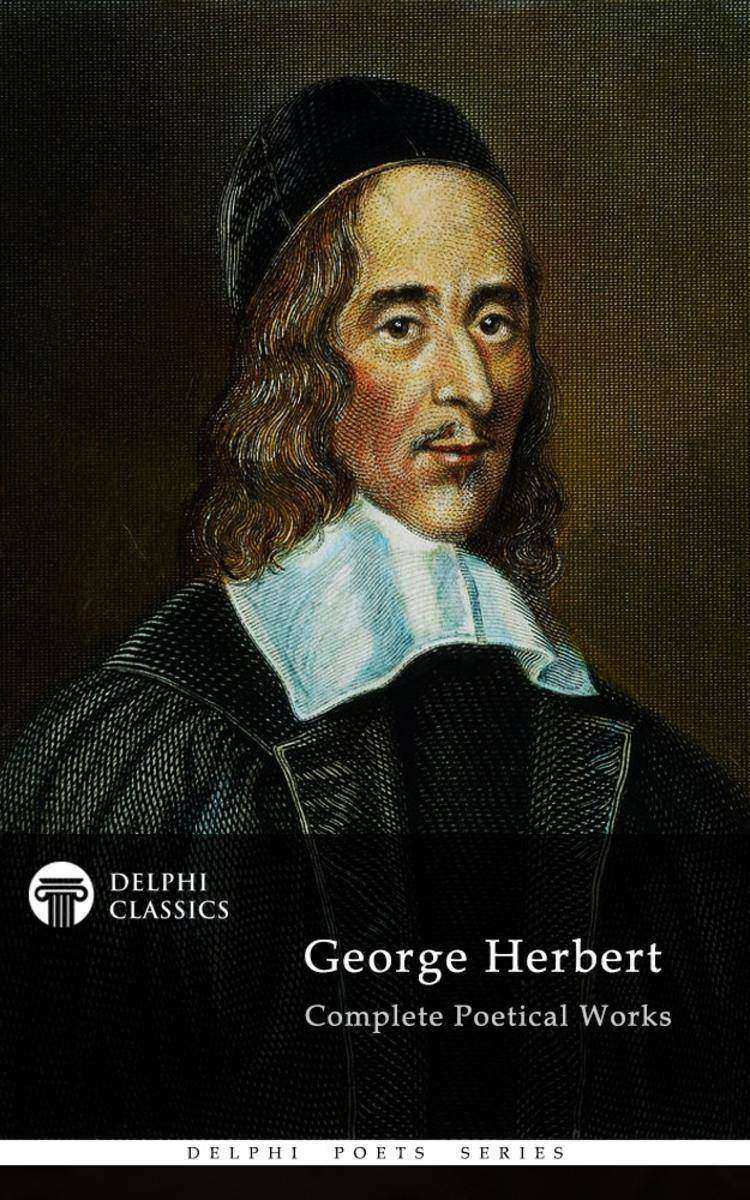
Delphi Complete Works of George Herbert
¥16.27
Regarded as the most gifted devotional lyricist of British poetry, George Herbert was associated with the metaphysical poets, producing deeply influential verses in the early seventeenth century. The Delphi Poets Series offers readers the works of literature's finest poets, with superior formatting. This volume presents Herbert’s complete poetical works, with beautiful illustrations and the usual Delphi bonus material. (Version 1) * Beautifully illustrated with images relating to Herbert's life and works * Concise introductions to the poetry and other works * Images of how the poetry books were first printed, giving your eReader a taste of the original texts * Excellent formatting of the poems * Special chronological and alphabetical contents tables for the poetry * Easily locate the poems you want to read * Includes rare translations of Herbert's Latin and Greek verses (translated by Alexander B. Grosart and Richard Wilton) – first time in digital print * Features the first biography on the poet by Izaak Walton - discover Herbert's fascinating life * Scholarly ordering of texts into chronological order and literary genres Please visit www.delphiclassics.com to browse through our range of exciting titles CONTENTS: The Life and Poetry of George Herbert BRIEF INTRODUCTION: GEORGE HERBERT TABLE OF CONTENTS FOR THE POETRY The Poems LIST OF POEMS IN CHRONOLOGICAL ORDER LIST OF POEMS IN ALPHABETICAL ORDER The Biography THE LIFE OF MR. GEORGE HERBERT by Izaak Walton Please visit www.delphiclassics.com to browse through our range of exciting titles
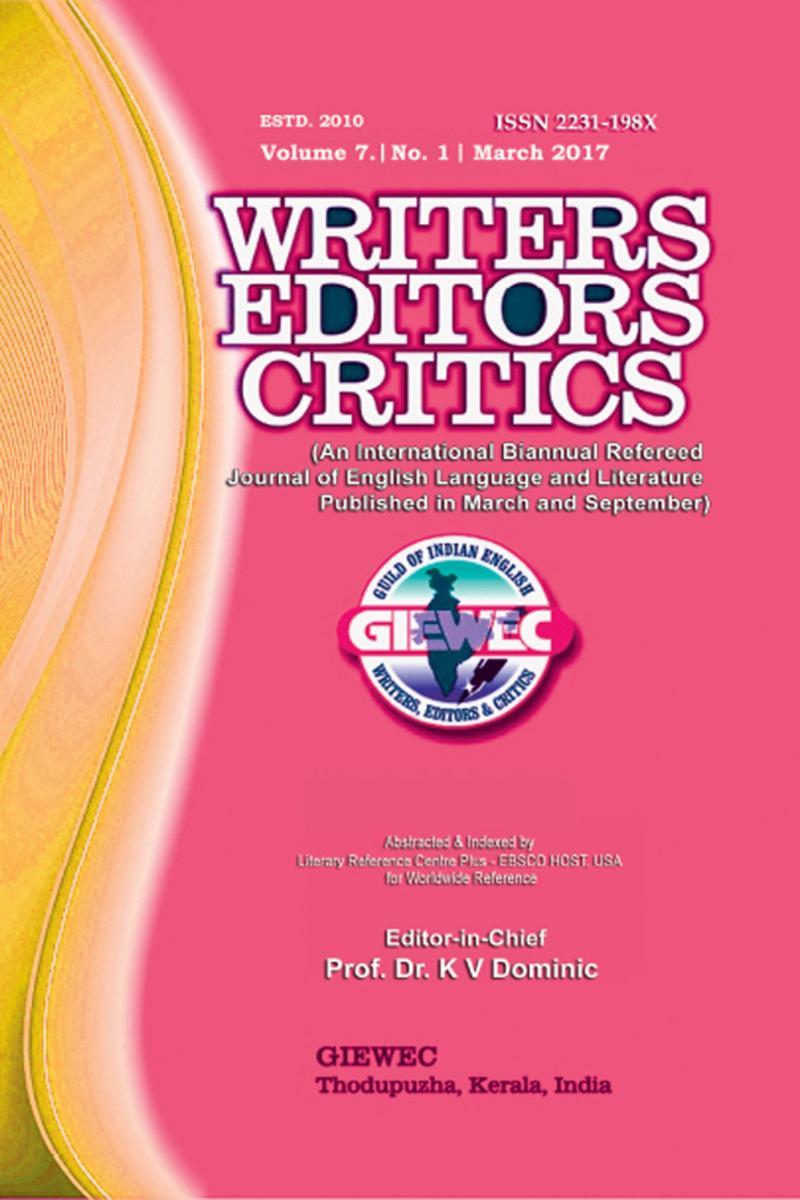
Writers Editors Critics (WEC):Vol. 7, No. 1 (March 2017)
¥48.74
Writers Editors Critics (WEC) An International Biannual Refereed Journal of English Language and Literature Volume 7 Number 1 (March 2017) ISSN: 2231 - 198X RESEARCH PAPERS The Confessional Voice and Rebellious Cry of Kamala Das as Visualized in her Poetical Works: A Brief Analysis - S. Chelliah The Philosopher-Scientist A. P. J. Abdul Kalam and his World View: A Study - J. Pamela Artificial Intelligence and the Instrumental Marvellous in Isaac Asimov's Foundation Novels - Lekshmi R. Nair Return to Wholeness: The Landscape of Willa Cather's O Pioneers! - Vikas Bhardwaj Nation and Identity Defined through Bodies: A Study of Bapsi Sidhwa's Ice Candy Man - Sonia Soni Ramesh K. Srivastava's "Under the Lamp": A Study - Shipra G. Vashishtha Reinventing Roots in Esther David's Book of Rachel - Giftsy Dorcas E. A Critical Reading of Authentic Existence in Claude Mckay's Banana Bottom - S. Khethzi Kerena "Write My Son, Write": An Aesthetic and Spiritual Reflection of World by K V Dominic - Laxmi R. Chaughaan Nandini's Sita: A Deep Dive to Every Woman's Journey - Arti Chandel Lives on Pyre: A Socio-realistic Portrayal in D.C. Chambial's The Cargoes of the Bleeding Hearts - Parthajit Ghosh& Dr. Madhu Kamra An Evolution of His Demography: A Socio-cultural Flow in the Fictional World of Manoj Das - Suresh Bera & Somali Gupta Maya Angelou's Shaker, Why Don't You Sing?: a Paroxysm of Confession - Ishita Pramanik & Dr. Shukla Banerjee REVIEW ARTICLES Eco-critical Perspectives in K. V. Dominic & Pamela Jeyaraju's (eds.) Environmental Literature: Research Papers and Poems - S. Barathi T. V. Reddy's Melting Melodies: An Analysis - P. Bayapa Reddy Critical Evaluation of T. V. Reddy's Melting Melodies - Dwarakanath H. Kabadi BOOK REVIEWS T. V. Reddy's Golden Veil: A Collection of Poems - Patricia Prime Ramesh K. Srivastava's My Father's Bad Boy--An Autobiography - Smita Das O. P. Arora's Whispers in the Wilderness: A Collection of Poems - Patricia Prime Vijay Kumar Roy's Realm of Beauty and Truth: A Collection of Poems - Sugandha Agarwal GENERAL ESSAYS Regional Integration in South Asia: A Nepalese Perspective - Shreedhar Gautam Role of Information Library Network (INFLIBNET) in Checking Plagiarism in Indian Universities - P. K. Suresh Kumar Sojourn in Forests - Ramesh Chandra Mukhopadhyaya The Commonplace Economic Thoughts of a Seventy Five Years Old Lady - Mousumi Ghosh INTERVIEW Conversation with Subodh Sarkar - Jaydeep Sarangi SHORT STORIES Perils of Simplicity - Ramesh K. Srivastava The Melody Queen - Jayanti M. Dalal (Trans. Dr. Rajshree Parthivv Trivedi) A Strange Reunion --- Chandramoni Narayanaswamy Is Human Life Precious than Animal's? - K. V. Dominic Psychological Effect - Manas Bakshi POEMS Regain the Vision - T. V. Reddy Down the Memory Lane - T. V. Reddy Memories - T. V. Reddy Patiently I Saw - D. C. Chambia
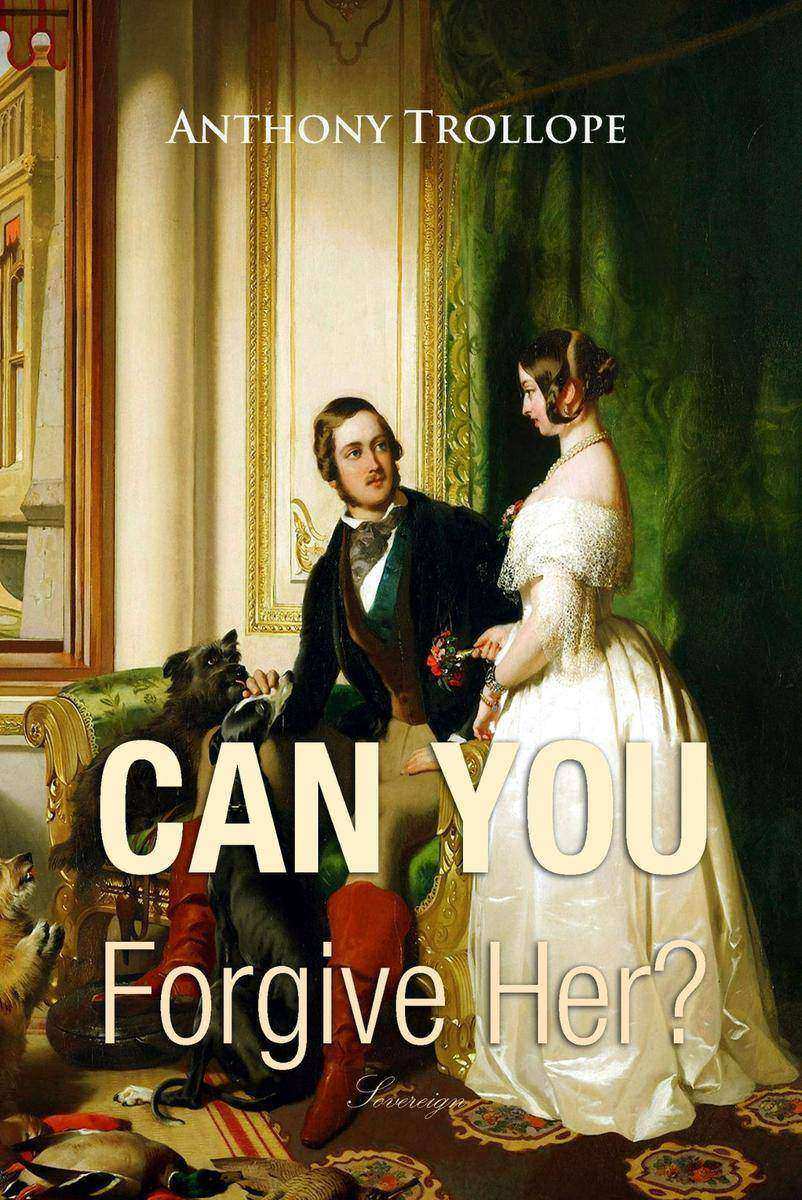
Can You Forgive Her?
¥40.79
The novel follows three parallel stories of courtship and marriage and the decisions of three strong women: Alice Vavasor, her cousin Glencora Palliser, and her aunt Arabella Greenow. Early on, Alice asks the question: What should a woman do with her life? This theme repeats itself in the dilemmas faced by the other women in the novel. Lady Glencora and her husband Plantagenet Palliser recur in the remainder of the Palliser series.
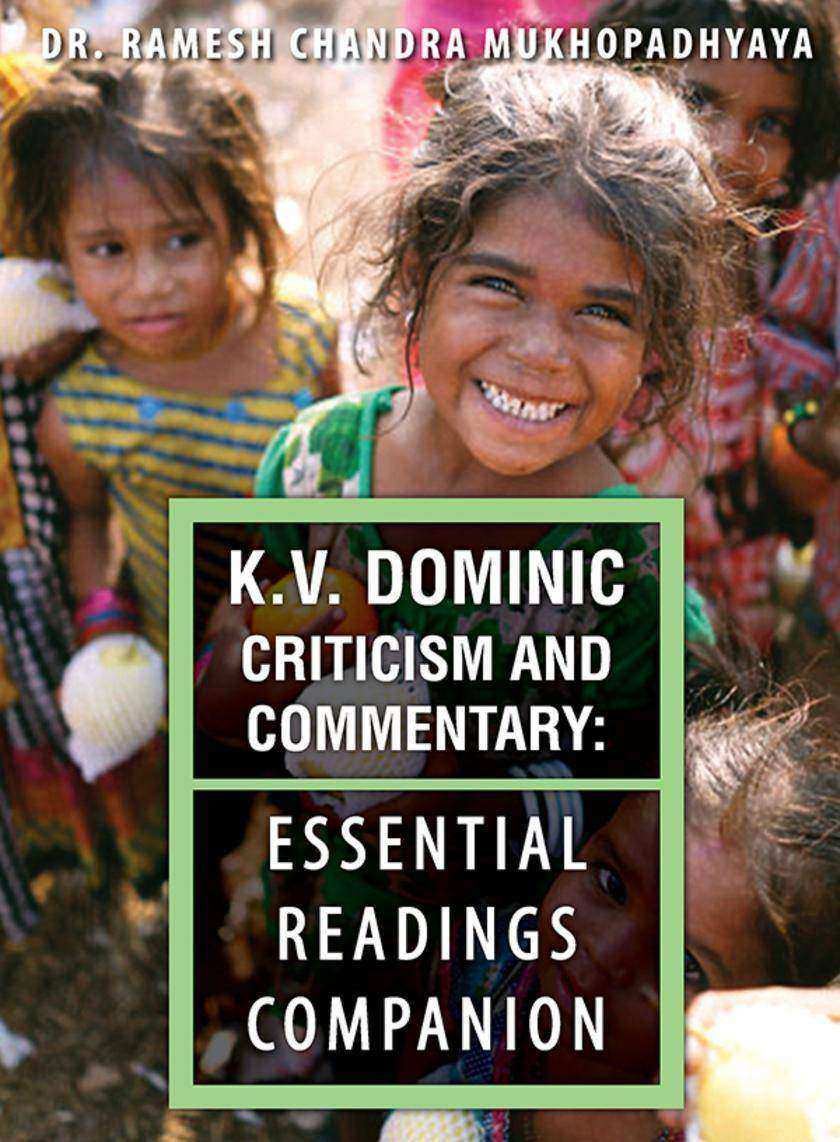
K.V. Dominic Criticism and Commentary:Essential Readings Companion
¥48.74
Peek inside the mind one of Contemporary India's most influential poets Inside this book you'll find Dr. Ramesh Chandra Mukhopadhyaya, one of the most erudite philosopher-critics of India, brilliantly evaluating his compatriot English poet K.V. Dominic. Among the contemporary English poets of India, Dr. K.V. Dominic has established an unchallengeable position of his own. Through his poetry collections Winged Reason, Write Son, Write, Multicultural Symphony, Contemporary Concerns and Beyond, and K.V. Dominic: Essential Readings and Study Guide, Dominic has beautifully portrayed themes of environmental, social, political, and humanitarian concerns. Mukhopadhyaya, with his unique style, critically and philosophically studies not only Dominic's poetry, but also the poet himself as a person with his background of family, town, state, and country. Being a master of Indian as well as western philosophy, Mukhopadhyaya digs out the philosophic thoughts lying hidden in many of the poems. In addition, his depth in English and Sanskrit literature has enabled him to make comparisons of Dominic's poems to those of the legends. "Dominic's poetry reflects India. This is the base of the study by Mukhopadhyaya who has taught literature and authored books. He finds Dominic's poetry irresistible. I add that Mukhopadyaya's book is enlightening and also irresistible. His study is a compassionate painting of Dominic's poetry with the shades that are eternal." --Dr. Stephen Gill, Canadian poet and novelist "Dr. Mukhopadhyaya's critique is a remarkable contribution to Dominic's poetry, as it is systematically written with philosophical explications and comparisons to great legends as well as classical poets of the East and the West. Indeed an important addition to the existing works on this major literary figure." --Dr. Rob Harle, Australian poet, author and artist "More than merely an analysis of Dominic's poems, this book is an insight into the vibrant philosophy experienced by the Indian mind that has amalgamated both the perennial bliss and the painful vicissitudes of life to foster sublime and universal notions of life. As the volume reveals the personality of the poet, it invites attention to the authenticity of the impersonal theory of poetry." --Dr. S. Kumaran, Indian critic, scholar and academician, author of Philosophical Musings for a Meaningful Life: An Analysis of K.V. Dominic's Poems Learn more at www.profkvdominic.com From Modern History Press www.ModernHistoryPress.com
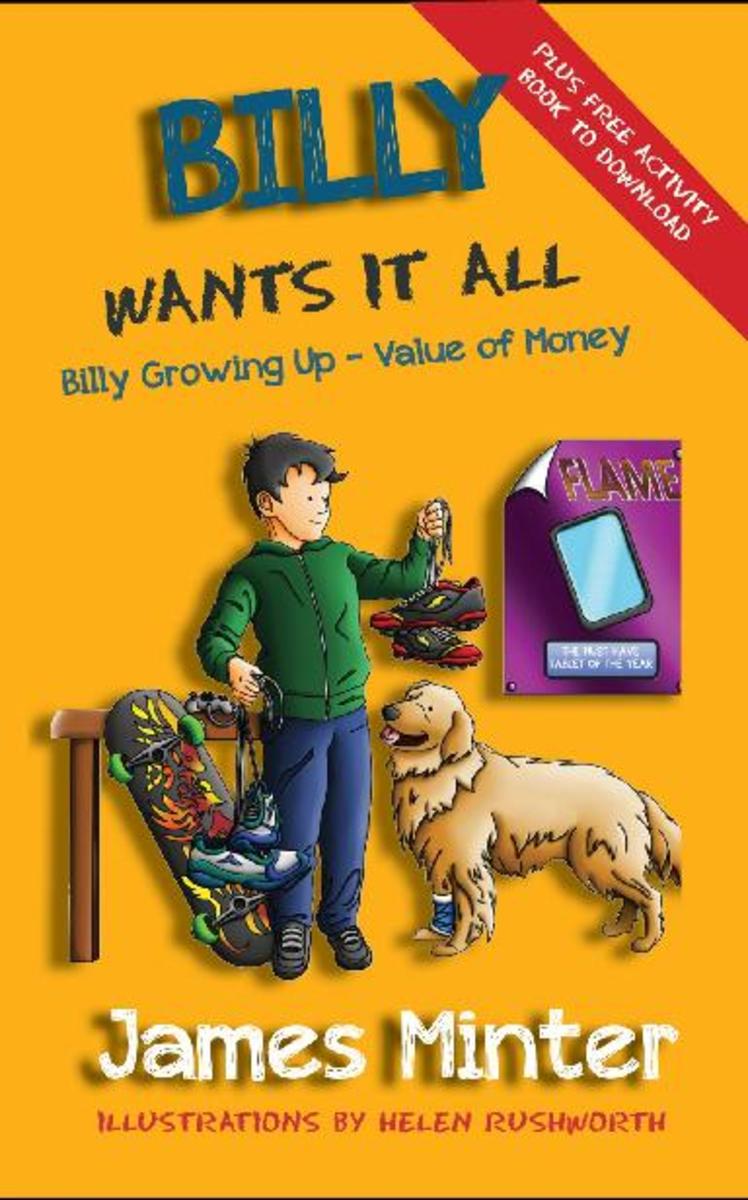
Billy Wants It All: Value of Money
¥36.62
For 7 to 9-year-old boys and girls. Children, usually driven by peer-pressure, want the latest toys, electronics and clothes, but have little understanding of the value of money or where it comes from. This is essential knowledge for later years. Billy wants a new skateboard and games controller, but doesn’t understand why he can’t have them bought for him. He doesn’t pay anything towards other household costs, so why does he have to contribute to a toy? His mum and dad are presented with some large and unexpected household bills, but once Billy understands the challenges his parent’s face, it makes him respect them more, and understand how much they work to invest in their family. Does Billy get a new skateboard? Who pays for it? Can the family afford to keep their pet dog? Billy Wants It All is the seventh title in the Billy Growing Up series. Each book addresses a unique topic—bullying, arrogant pride, jealousy, lying, stealing, lack of self-belief, understanding money, and secrets. Written to help parents, guardians and teachers deal with the issues that challenge pre-teen children; each topic is presented in a gentle way through storytelling. Setting the issues in a meaningful context helps children to understand the challenges, and to see things from a different perspective. The books act as icebreakers allowing for discussions of difficult subjects. Additionally, each title is supported by a free activity book to reinforce the learning, while having fun. Buying this book today will help your child learn about the value of money and where it comes from.
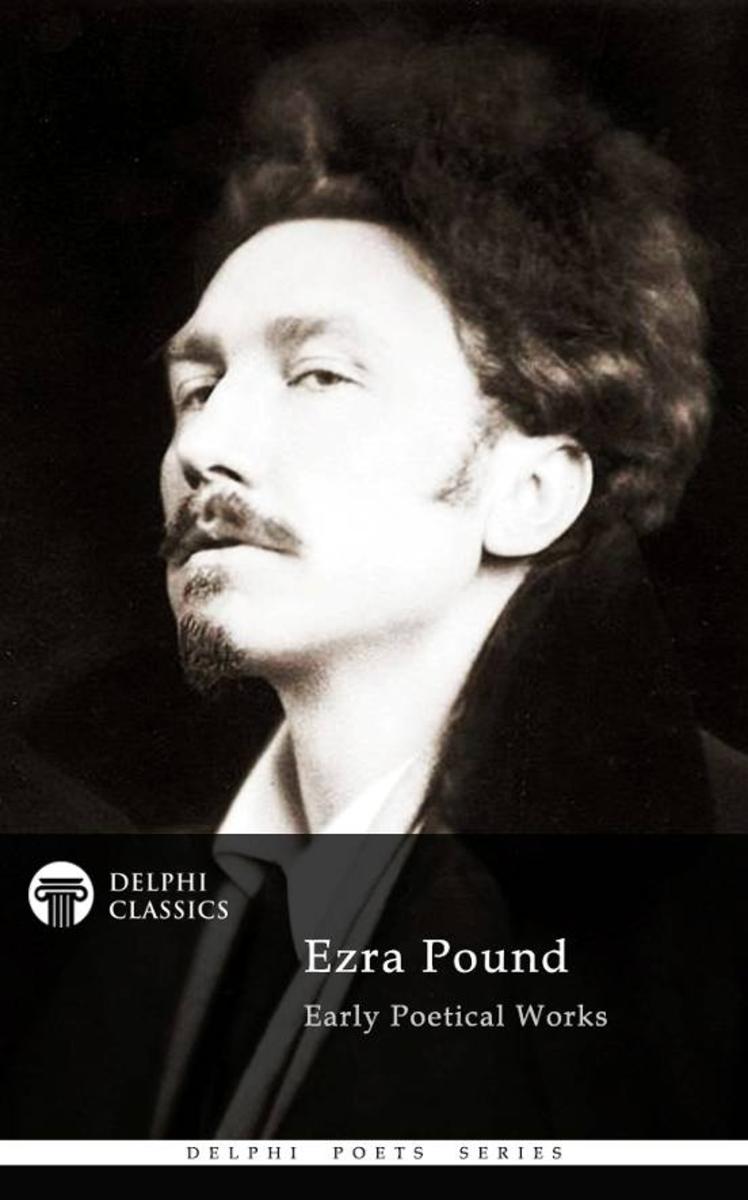
Delphi Poetical Works of Ezra Pound
¥16.27
American poet and critic, Ezra Pound was a major figure of the modernist movement, whose poetry collections and development of Imagism advocated clarity, precision and economy of language. The Delphi Poets Series offers readers the works of literature's finest poets, with superior formatting. This comprehensive volume presents Pound’s early poetical works, with beautiful illustrations and the usual Delphi bonus material. (Version 1) * Beautifully illustrated with images relating to Pound's life and works * Concise introductions to the poetry collections and other works * Images of how the poetry books were first printed, giving your eReader a taste of the original texts * Rare poetry collections appearing in digital print for the first time * Excellent formatting of the poems * Special chronological and alphabetical contents tables for the poetry * Easily locate the poems you want to read * Features the rare translations of ‘Noh’ Japanese dramas, first time in digital print * Includes a selection of Pound's non-fiction * Scholarly ordering of texts into chronological order and literary genres Please note: this is the most complete collection possible of Pound’s poetry in the US, due to copyright. When more texts enter the public domain, they will be added to the collection as a free update. Please visit www.delphiclassics.com to browse through our range of exciting titles CONTENTS: The Poetry Collections HILDA’S BOOK A LUME SPENTO A QUINZAINE FOR THIS YULE PERSONAE EXULTATIONS THE SPIRIT OF ROMANCE CANZONI THE SONNETS AND BALLATE OF GUIDO CAVALCANTI RIPOSTES CATHAY LUSTRA ARNAUT DANIEL PAVANNES AND DIVISIONS QUIA PAUPER AMAVI HUGH SELWYN MAUBERLEY UMBRA UNPUBLISHED VERSES The Poems LIST OF POEMS IN CHRONOLOGICAL ORDER LIST OF POEMS IN ALPHABETICAL ORDER The Poetical Dramas ‘NOH’, OR, ACCOMPLISHMENT: A STUDY OF THE CLASSICAL STAGE OF JAPAN The Prose INSTIGATIONS OF EZRA POUND Translation of ‘THE NATURAL PHILOSOPHY OF LOVE’ by Remy de Gourmont Please visit www.delphiclassics.com to browse through our range of exciting titles

Waking the Lion:Inside Writing (1984 to 2017)
¥24.44
American futurist poet and playwright Mark Antony Rossi has selected essays, notes and interviews from the past thirty three years of writing covering poetry, short fiction and drama. A short book of instruction and discovery meant to help fellow writers.
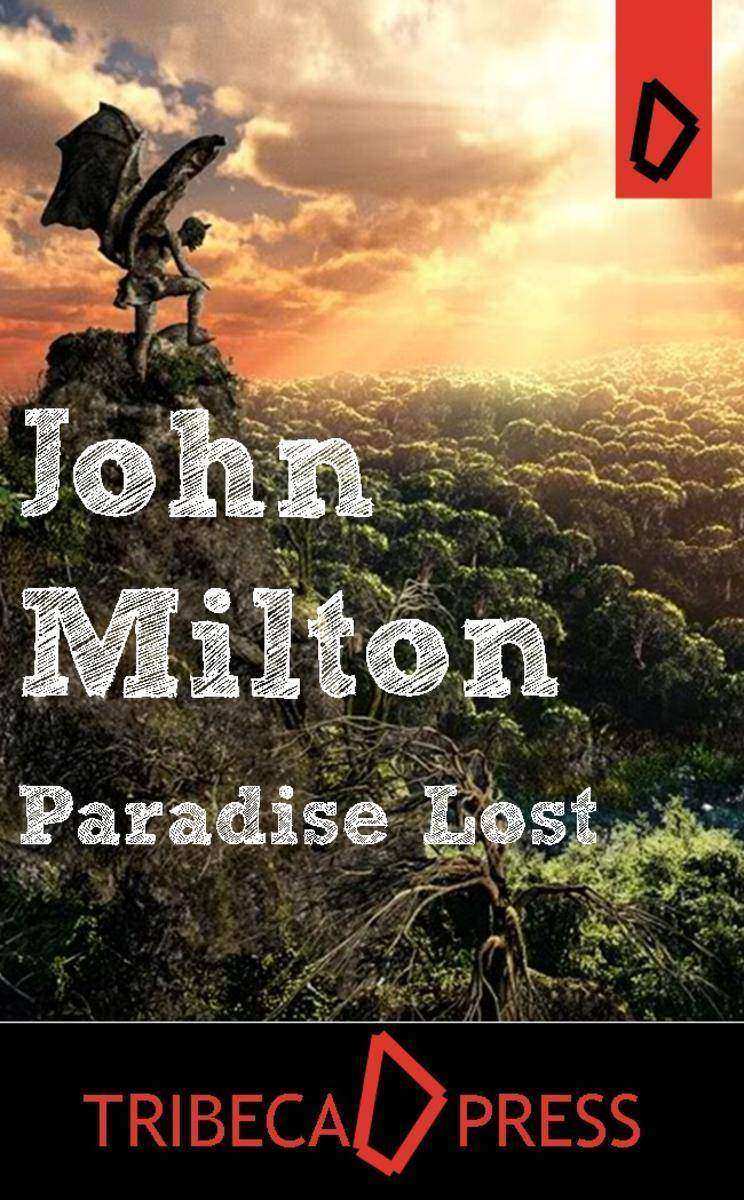
Paradise Lost
¥8.09
This Tribeca Press edition includes the full original text as well as an easy to use interactive table of contents.
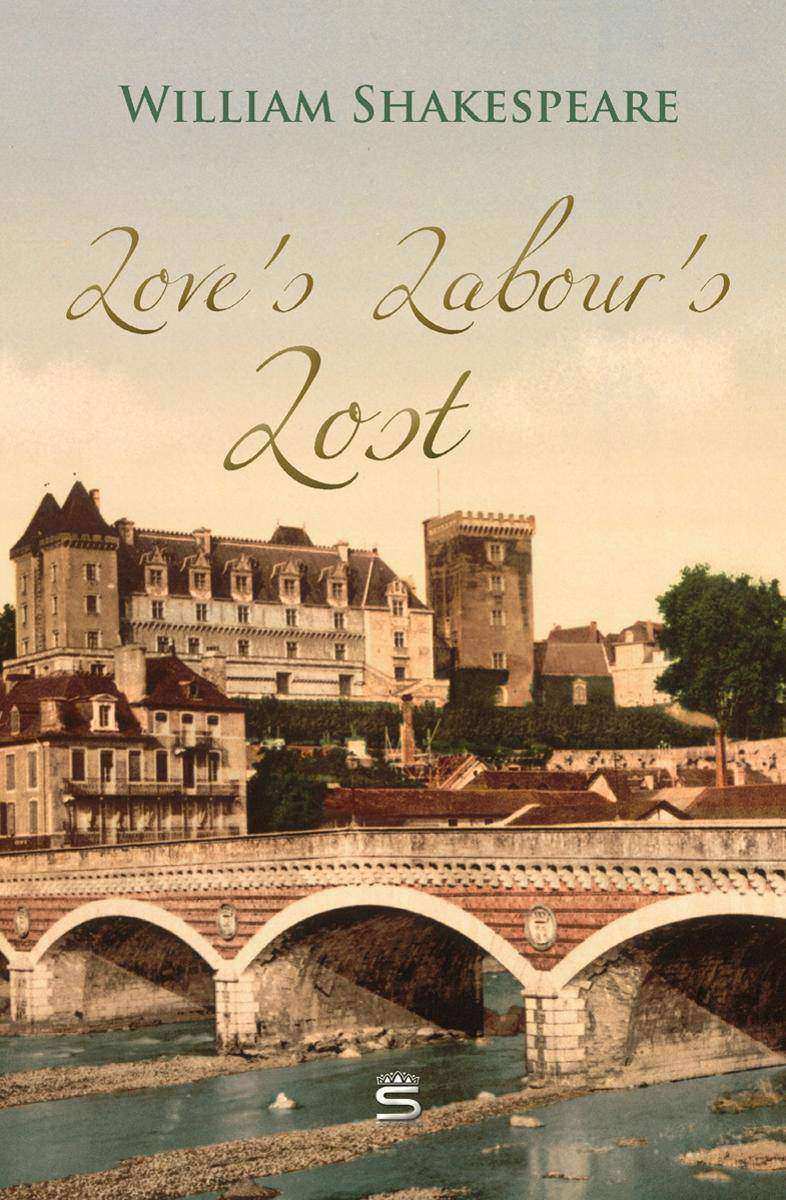
Love's Labour's Lost
¥40.79
The play follows the King of Navarre and his three companions as they attempt to forswear the company of women for three years of study and fasting, and their subsequent infatuation with the Princess of Aquitaine and her ladies. In an untraditional ending for a comedy, the play closes with the death of the Princess's father, and all weddings are delayed for a year. The play draws on themes of masculine love and desire, reckoning and rationalization, and reality versus fantasy.
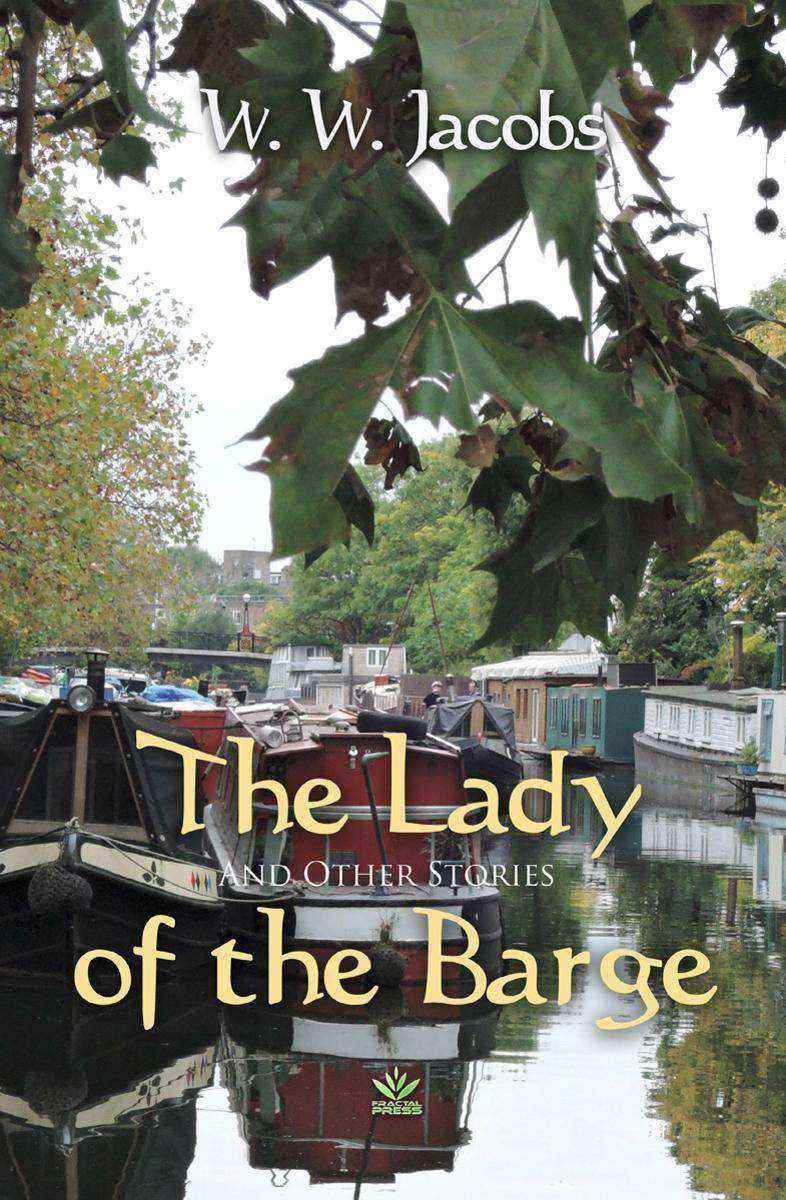
The Lady of the Barge and Other Stories
¥40.79
An exciting collection of stories from W.W. Jacobs, a London based novelist famous for his horror and travel stories. This volume includes some of his iconic work: The Monkey's Paw, The Lady of the Barge, Bill's Paper Chase, The Well, Cupboard Love, In the Library, Captain Rogers, A Tiger's Skin, A Mixed Proposal, An Adulteration Act, A Golden Venture, and Three at Table.
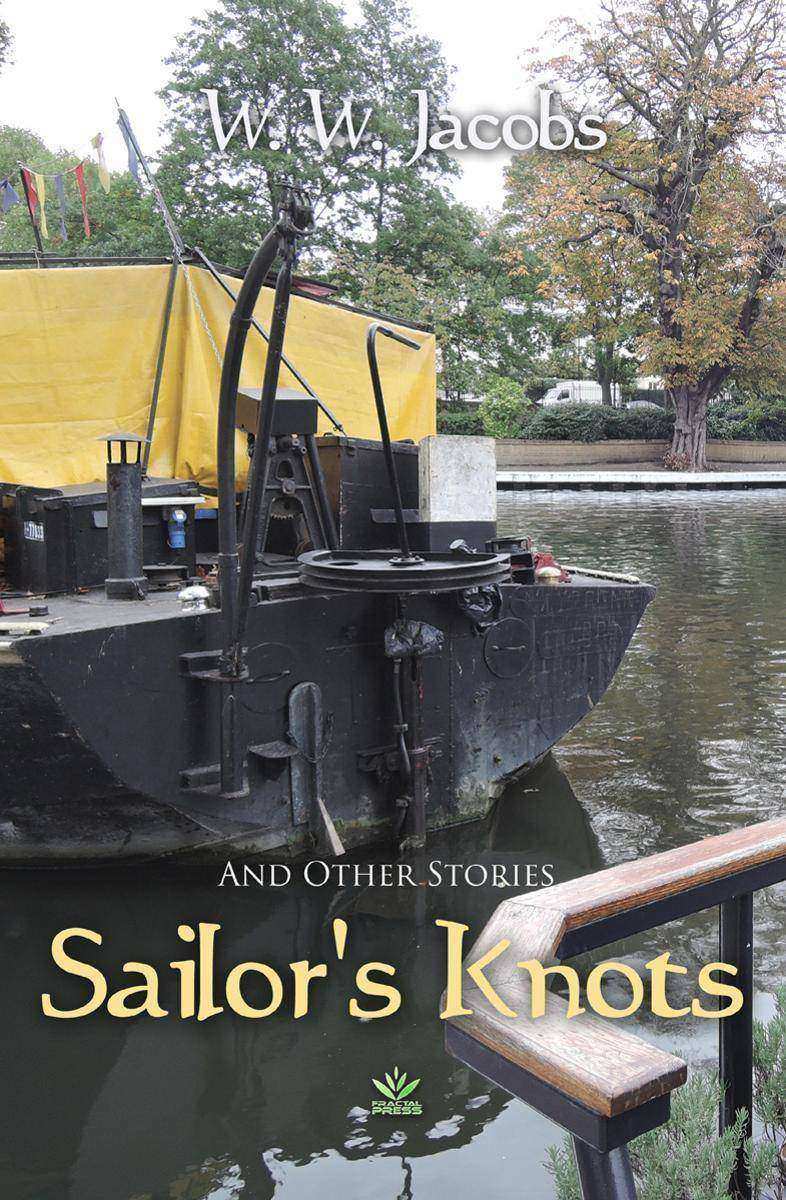
Sailor's Knots and Other Stories
¥40.79
An exciting collection of stories from W.W. Jacobs, a London based novelist famous for his humour, horror and travel stories. This volume includes some of his iconic work: Deserted, Homeward Bound, Self-help, Sentence Deferred, Matrimonial Openings, Odd Man Out, The Toll-house, Peter's Pence, The Head of the Family, Prize Money, Double Dealing, Keeping Up Appearances.




 购物车
购物车 个人中心
个人中心



